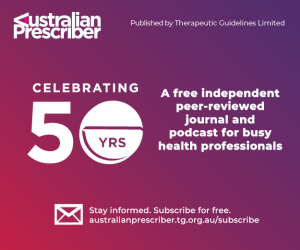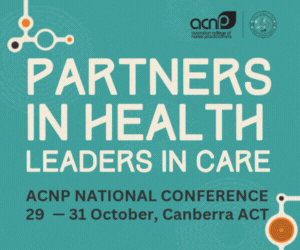Tailored interventions are urgently needed to address growing alcohol consumption among Australian nurses, with booze levels within the profession now rivalling high-risk industries such as mining and construction, according to a new paper.
A national survey of 1,159 nurses, conducted from June to October 2021, found Australian nurses were drinking at higher levels than previously reported, with the COVID-19 pandemic emerging as a leading factor that contributed to increased stress and alcohol consumption.
The overall prevalence of risky drinking among Australian nurses who took part in the study was 37%. More than a quarter drank at risky or hazardous levels, 5.6% at a high-risk or harmful level, and 5.3% at a high-risk, almost certainly dependent level.
Lead researcher, Dr Adam Searby, a former mental health and drug and alcohol nurse based at Deakin University as a lecturer in the School of Nursing and Midwifery, described the findings as “alarming” and potentially driven by the time the survey was conducted, at the height of the pandemic.
The study also explored links between work settings, stress, and risky alcohol consumption, revealing that nurses working in Emergency Departments drank the most, followed by medical/surgical wards, ICU and mental health.
Participants were also asked about upsurges in their alcohol consumption since the beginning of the COVID-19 pandemic, with almost 40% saying that their drinking had increased “a little” or “a lot”.
As well as risks to personal health and wellbeing, researchers suggest high levels of alcohol consumption among nurses could also lead to poor work performance and compromise patient safety.
Given the “currently vulnerability” in the nursing workforce due to the COVID-19 pandemic, they argue that tailored strategies and interventions are now urgently required to help reduce high-risk alcohol consumption among the workforce.
Ideally, this would involve a targeted app, co-designed by nurses, to help them address their risky alcohol consumption.
“It’s not about telling nurses not to drink but we obviously have to get smarter about it if we’re drinking to such high levels. It causes significant impacts on people’s work life, personal life and physical health,” Dr Searby, president of the Drug and Alcohol Nurses of Australasia (DANA) said.
Conducted in partnership with the Nursing and Midwifery Health Program Victoria (NMHPV), the research project will now aim to secure further funding to develop a technology-based intervention.
Yet while apps can play a big role, Dr Searby suggests that early prevention could hold the key to long-term change.
“The strategies should really focus on undergraduate nurses transitioning into their graduate year, he says.
“Several participants talked about how they’d been nurses for 25 years, for example, and how they wish that they’d had someone talk about this issue. You really need to get in early and outline the stressors of the career and develop healthy ways to cope with it.”
Anecdotally, Dr Searby says nurses are still facing heightened challenges as they continue to navigate the ongoing COVID-19 pandemic. He encourages nurses experiencing increased alcohol consumption to seek support sooner rather than later from organisations such as the NMHPV and Nurse & Midwife Support.
“We’re under stress that we’ve never felt before,” he says.
“This [pandemic] has really pushed our healthcare services to breaking point and lots of people that we spoke to said: “it just crept up on me”.
“We still haven’t got enough staff and there needs to be a long-term support strategy. We were called heroes [at the start of the pandemic] and there’s a lot of nurses that feel that’s all dropped away and been forgotten about.”
Read the full study here
Victorian nurses, midwives and students can access the Nursing and Midwifery Health Program Victoria (NMHPV) by calling (03) 9415 7551 or visiting http://www.nmhp.org.au for more information.








